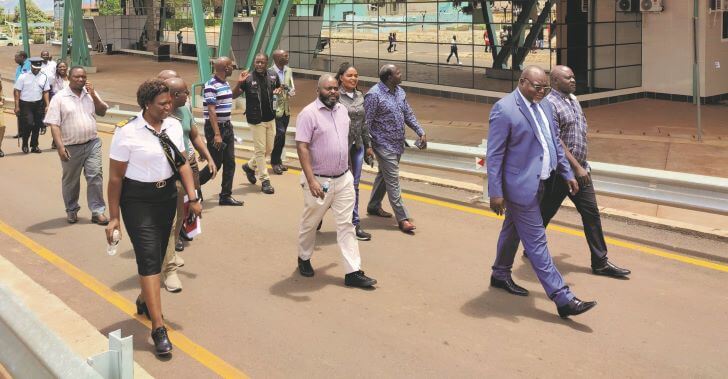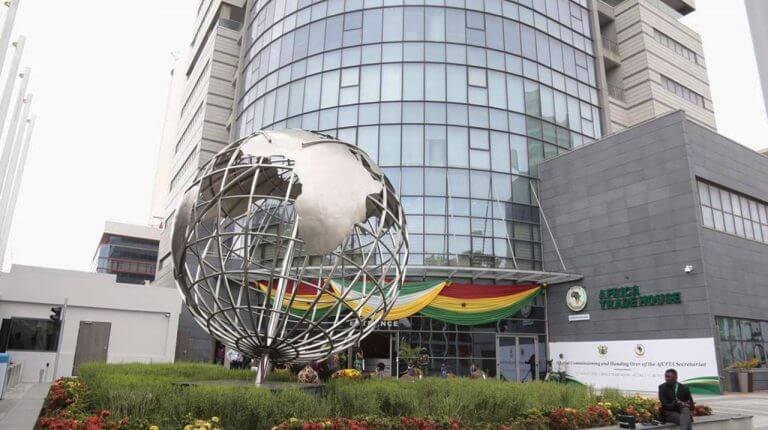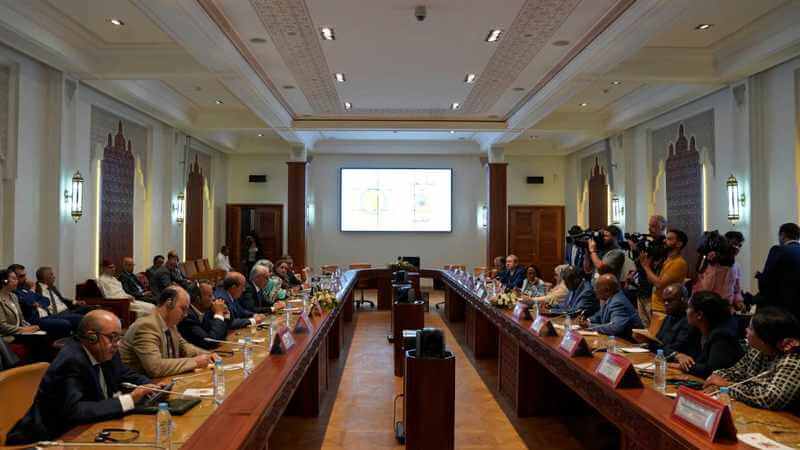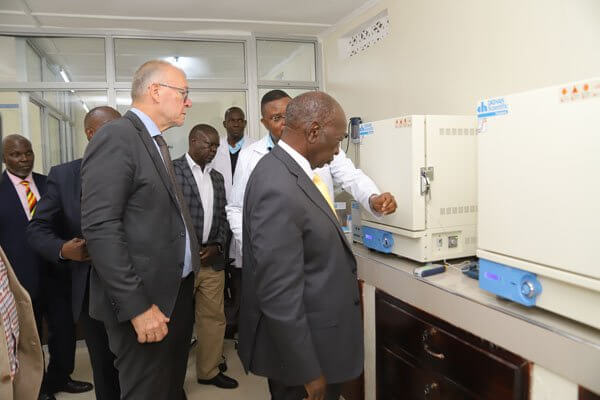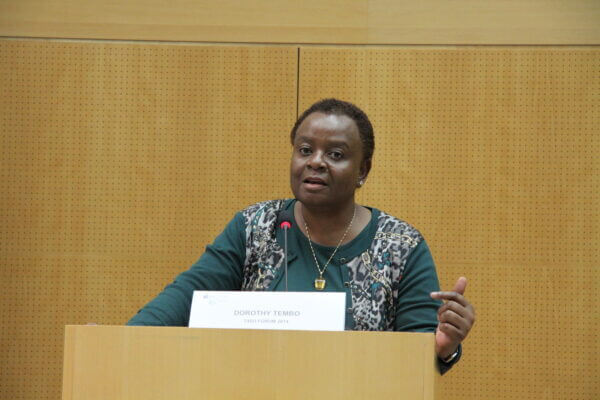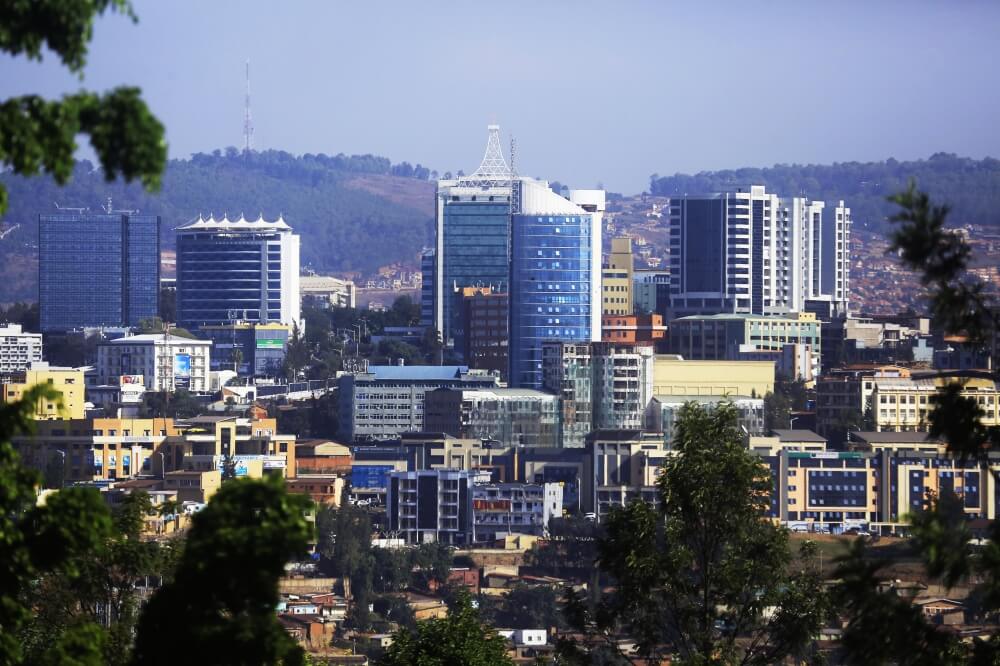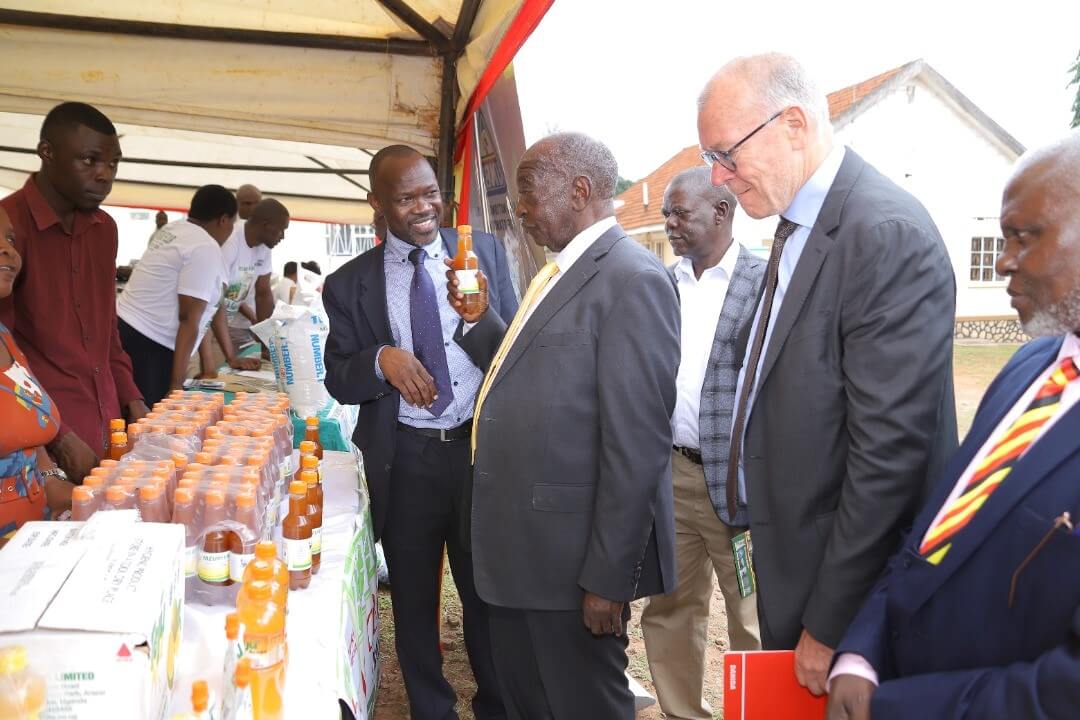South Sudan’s Juba International Airport has the heaviest costs for travellers and transporters, showing just how pricing can be a barrier to movement in the East African region. A study on air transport ranks the Juba airport as the fourth most expensive in Africa in terms of passenger charges, just below Niamey, Monrovia and Bissau airports. The study, released in January and titled ‘‘Air Transport Services Liberalisation in the East African Community, Focus on Drivers and Regulations’’, was carried out by the East African Business Council (EABC), TradeMark Africa (TMA) and the government of the Netherlands. Juba (South Sudan), Melchior Ndadaye International Airport (Burundi) and Entebbe (Uganda) airports have high airport tax on passengers, making them expensive destinations. “The airport tax charged of $122 at Juba International Airport on passengers is above the EAC regional average of $67,” the report says. Infrastructure, qualified personnel EABC chief executive John Kalisa attributes the costs to the lack of well-developed infrastructure and qualified personnel to control the airspace. “The major factors constraining the growth of air transport in EAC especially in South Sudan, is poor infrastructure and insecurity. The airport lacks cold rooms for storage of cargo making, among other facilities,” said Kalisa. “There is also non-uniformity in passenger handling charges in the EAC making some of the airports, including Uganda and Burundi, slightly expensive.” Uganda imposes a charge of $0.6 per boarding pass and the $10 on transfers, which are not imposed by other EAC member countries, other than Burundi which imposes...
Expensive skies: East Africa cited for high levies at its airports
Posted on: February 9, 2023
Posted on: February 9, 2023


